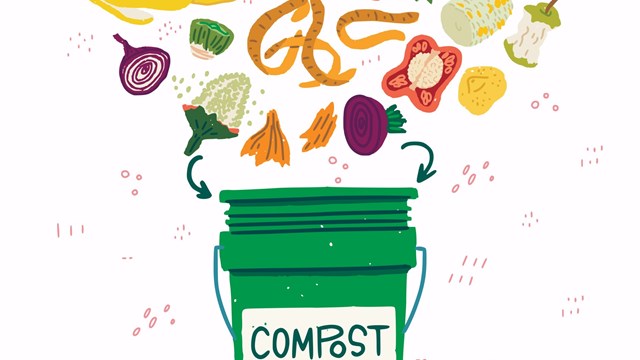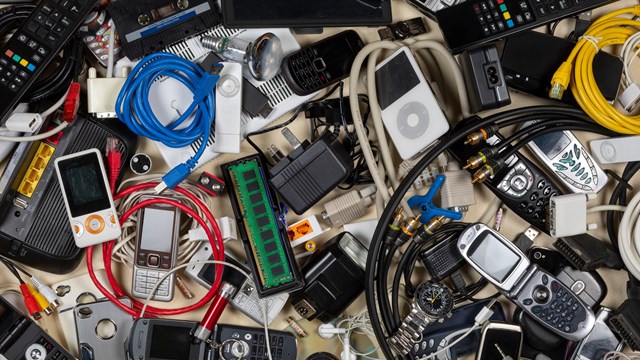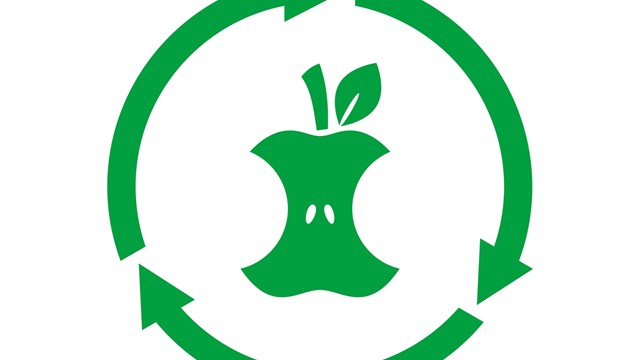
As the effects of climate change intensify, apartment communities are faced with new and newly stringent requirements on many fronts in an effort to slow the tide. These range from converting from fossil fuels to more efficient types of renewable energy, to replacing existing equipment from light bulbs to radiators, to controlling trash and refuse to reduce both waste and pollution. The problem is huge, but each and every action taken to remedy it is important. Reducing waste and dealing with it properly is as critical as converting from fossil fuels to renewable energy.
Recycling Participation
Statistics demonstrate that around 50% of U.S. households participate in recycling programs and requirements. Naturally, the level of participation varies relative to local ordinances, but most localities do have some level of required sorting versus purely voluntary sorting of recyclable materials. The separation of things like glass and metal is more prevalent than the segregation of organic waste.
Jacquelyn Ottman is an expert in marketing environmentally preferable products and behaviors to consumers, past chair of the Manhattan Solid Waste Advisory Board (SWAB) and founding chair of the residential recycling committee and author of two guides on recycling and organics collection in multifamily buildings. She suggests considering two critical issues when enhancing a recycling program: The first is, “How to increase recycling participation in multifamily buildings, from which a large percentage of the residential waste emanates, and second,” specifically in New York City, but in other cities as well, “to establish or reestablish a citywide recycling advisory board.”
Ottman cites several key challenges to effective waste management. The first is communication breakdown - either because of poor messaging on the part of building administrators, or because of language barriers between administrators and residents. The second, more prevalent in rental properties than owner-occupied communities, is the transient nature of residents. “Department of Sanitation signage, even if it is placed near recycling bins per regulations, isn’t enough,” she says. “The responsibility of getting residents to sort properly flows primarily to building staff, who are ill equipped to play recycling educator and monitor.”
Improving Results
Ottman supports a four point program to improve waste management results. First, buildings can require clear bags instead of black for trash so it is easier to spot missorted recyclables - and avoid fines. Second, implement mandatory recycling lease riders or similar instruments in co-op and condominium communities, with annual reminders to residents of their recycling responsibilities, and how recycling works in their own building. Third, require mandatory zero waste training for building staff. (SEIU 32 BJ, the building workers union, offers such training.) Often the staff themselves don’t fully understand how the recycling system works. And finally, advocate for establishing - or reinstating - a Citywide Recycling Advisory Board (CRAB) to address the need for overall coordination.
Along with its role in slowing the pace of climate change, proper handling of garbage is critical to the health and safety of multifamily buildings and associations. Understanding your municipality’s rules, and setting and enforcing your own, is one way to contribute to both goals.






Leave a Comment